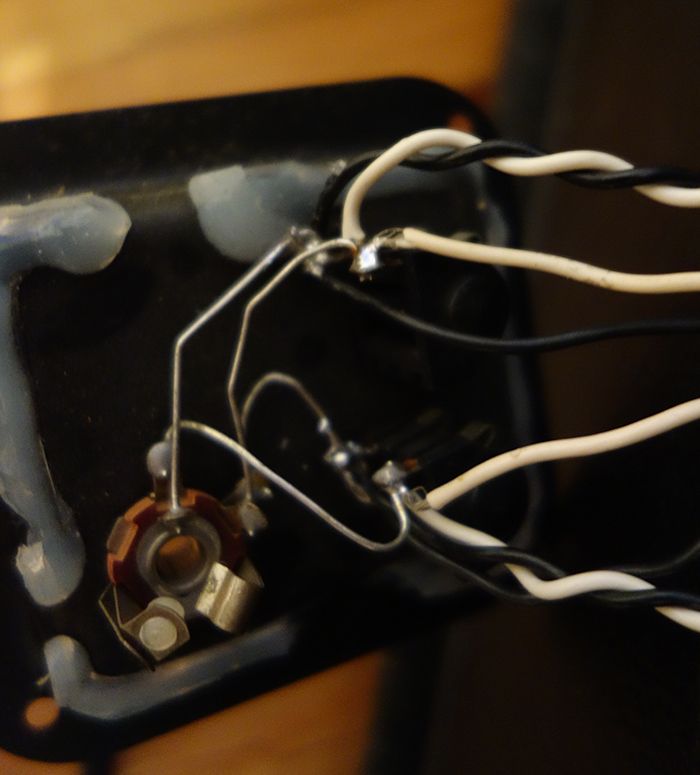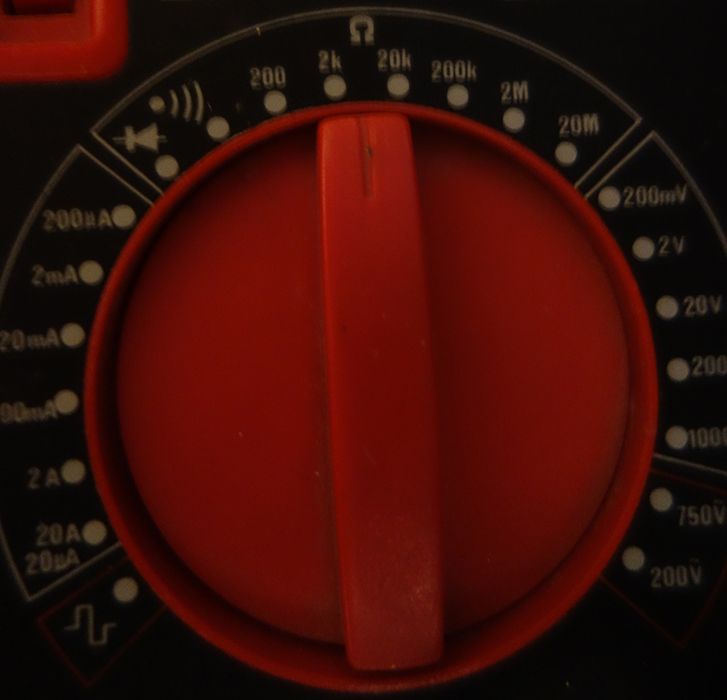neilli
New member
Guys - I'm trying to check the wiring for my speaker cab and frankly I have no idea what I'm doing. I thought I could plug a cable in and set the multimeter to ohms and just get a reading but apparently not. I've checked continuity and that's good, so it's not like I'm plugging into a dead jack or whatever, but i have no idea how to check what the actual cabinet is wired to. If it matters, it's an old-school mesa 4x12, with one 8 ohm input and two 4 ohms (top and bottom).
Any help would be greatly appreciated!
Any help would be greatly appreciated!


